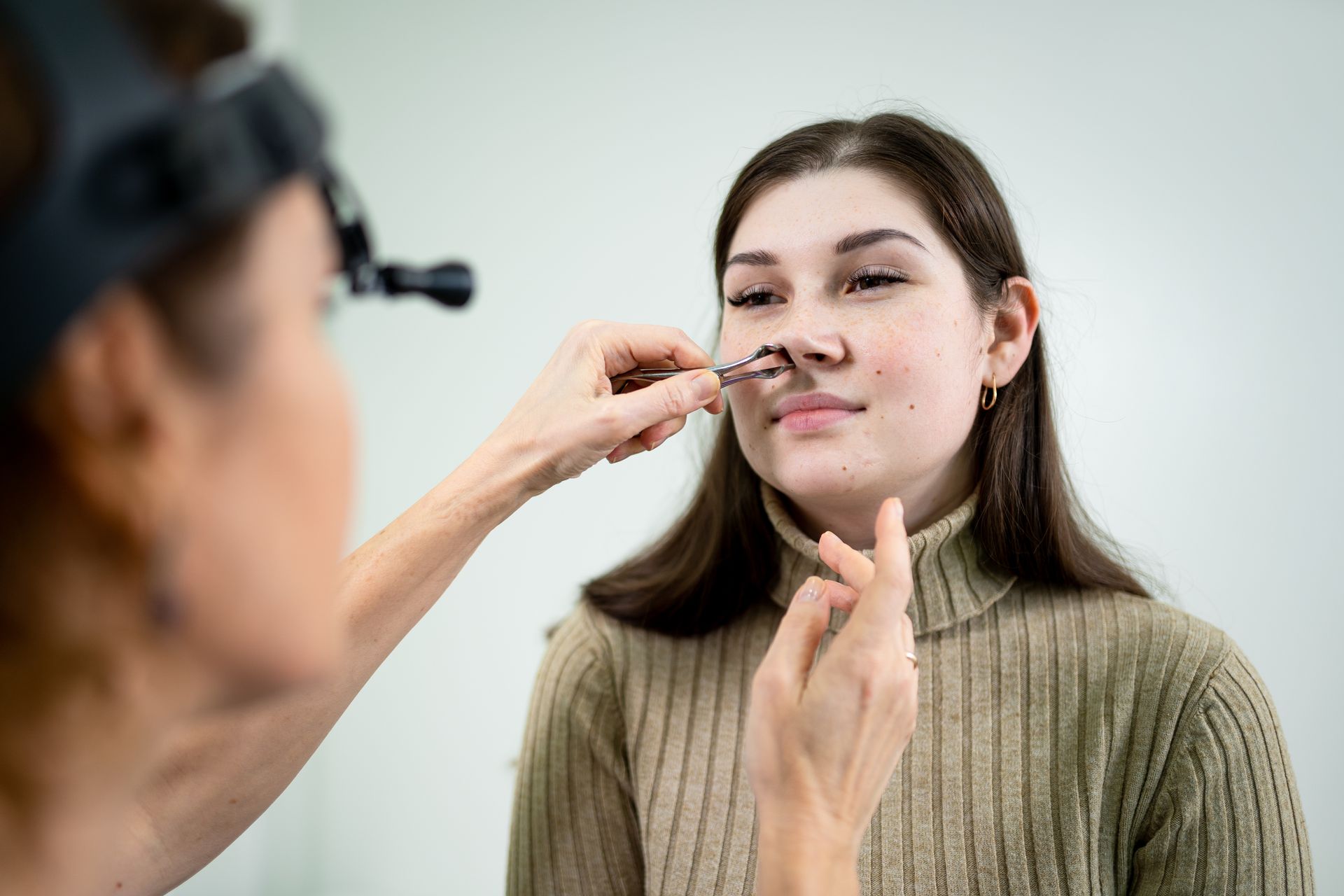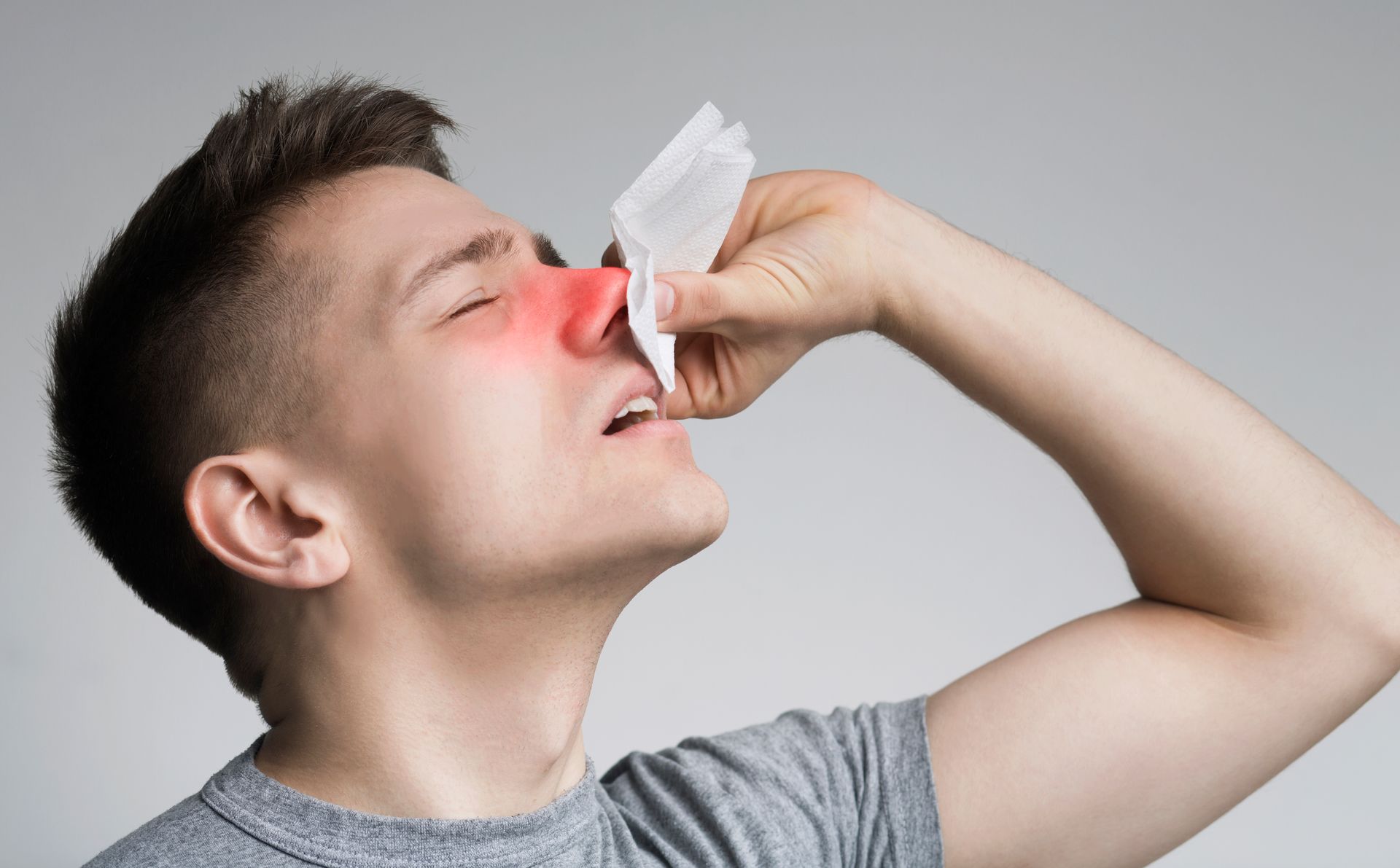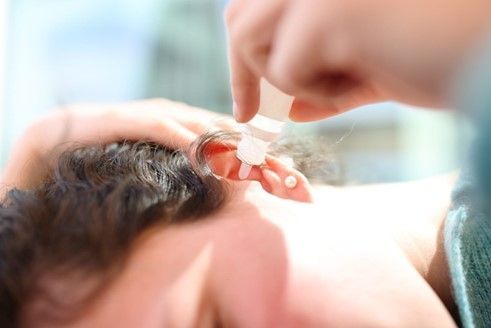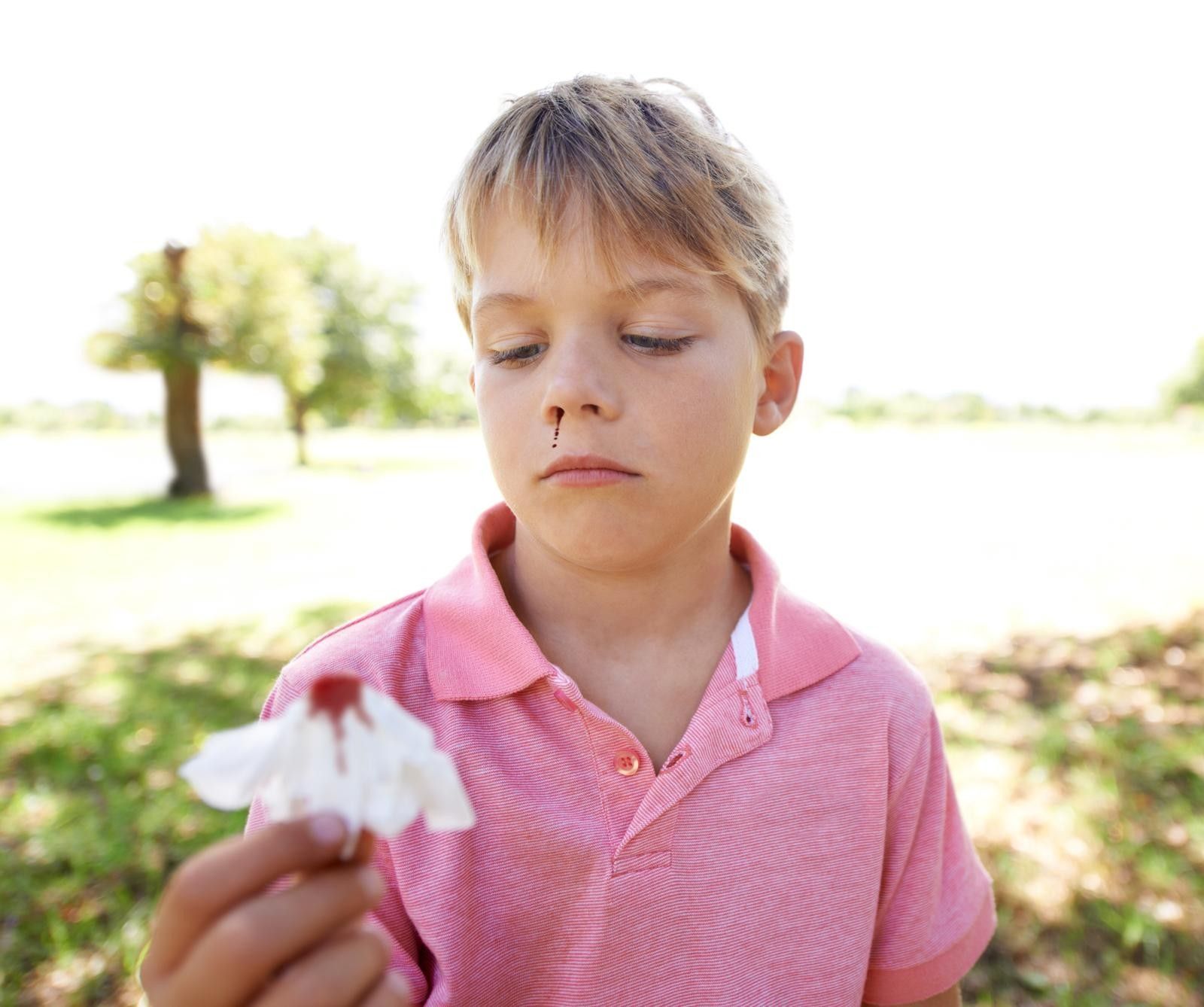Exploring the Causes & Symptoms of Gustatory Rhinitis and How to Get Relief
Have you ever experienced a runny nose or sneezing after indulging in a spicy meal? You may have gustatory rhinitis. This condition is characterized by inflammation of the nose after consuming hot or spicy foods, but it is not caused by an allergy. While gustatory rhinitis is not a serious issue, it can be a nuisance, causing symptoms like postnasal drip and the feeling of mucus running down your throat. In this blog, we'll explore the causes and symptoms of gustatory rhinitis and discuss some effective remedies for relief.
What is Gustatory Rhinitis and How Does it Affect Us?
Gustatory rhinitis is a medical condition characterized by a runny nose or sneezing that occurs after eating hot or spicy foods. It is caused by an imbalance in the chemical composition of the nasal mucous membrane, which results in inflammation and irritation of the mucous membranes. This condition can lead to uncomfortable symptoms such as sneezing, nasal congestion, and a runny nose. In some cases, it can even cause difficulty breathing or swallowing. Unlike allergic rhinitis, this condition is not caused by an immune response and does not usually cause itching in the nose, eyes, or throat. While avoidance of trigger foods is recommended, in severe cases, intranasal topical administration of anticholinergic agents may be necessary
What Triggers and Cause of Gustatory Rhinitis?
Gustatory rhinitis is triggered by certain foods which can cause the nose to run or sneeze. While any food can cause it, spicy foods are the most common triggers. Other common triggers include:
- Hot foods and beverages: Hot soup, steaming coffee, or tea
- Alcohol: Especially beer and wine
- Other strong flavors: Vinegar, garlic, and sour foods
Each person has different trigger foods, and it's important to identify your trigger foods to help manage your symptoms. Avoidance of trigger foods is recommended, and medication may be prescribed to ease symptoms.
Treating & Managing Gustatory Rhinitis with Simple Home Remedies & Medication
Gustatory rhinorrhea is a condition characterized by the production of excessive amounts of fluids from the nose. It can be an uncomfortable and embarrassing condition, but fortunately, there are various treatments available to manage it.
Home remedies such as avoiding spicy foods, keeping your nasal passages hydrated, and using saline spray can help reduce symptoms associated with gustatory rhinorrhea. Additionally, ipratropium bromide and corticosteroid nasal sprays may also be beneficial in treating this condition. New targeted treatments are available as well. Nasal cryotherapy uses icy cold temperature to stop chronic rhinitis symptoms at their point of origin, while Nasal Radiofrequency (RF) energy treatment heats the posterior nasal nerve to modulate nerve activity to reduce runny nose and congestion. Talk to one of our physicians to discuss the right treatment for you.
Conclusion
In conclusion, gustatory rhinitis is a type of nonallergic rhinitis that can be triggered by consuming hot or spicy foods. Its symptoms include a runny nose, sneezing, and a sensation of mucus dripping down the throat. The management of these conditions involves avoiding triggers, using nasal sprays, rinsing with saline water, and taking prescription medicines such as ipratropium bromide nasal sprays and glucocorticoid sprays. Procedures designed to reduce symptoms are also now available.
Nasal and sinus issues don't have to stay. At Kentuckiana ENT, we've partnered with ENT Care Centers to give you better care that's always comprehensive and ever compassionate. Book us online or call (502) 503-4592 and let us help you be on your way to better ENT health for a healthier you.













